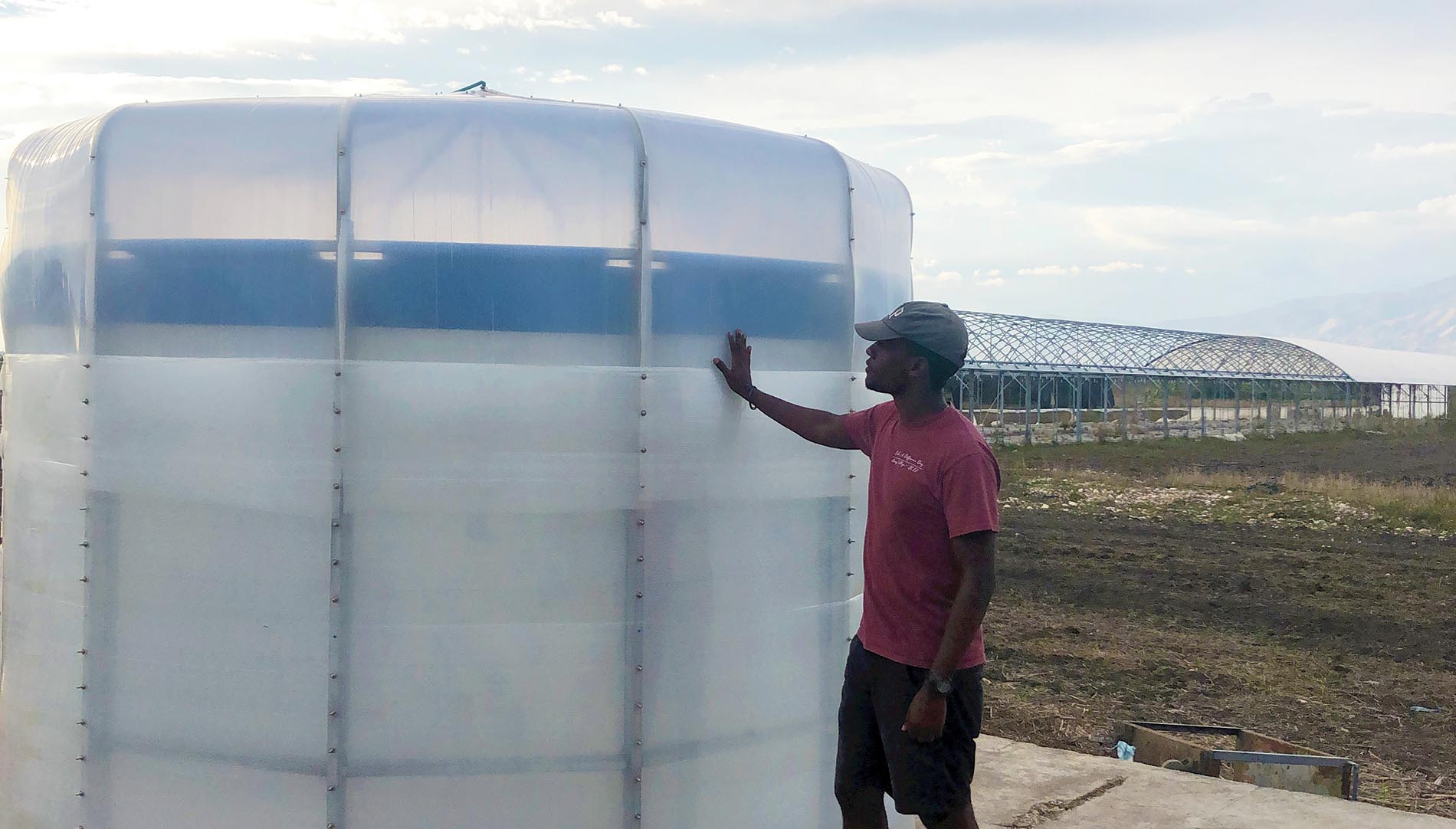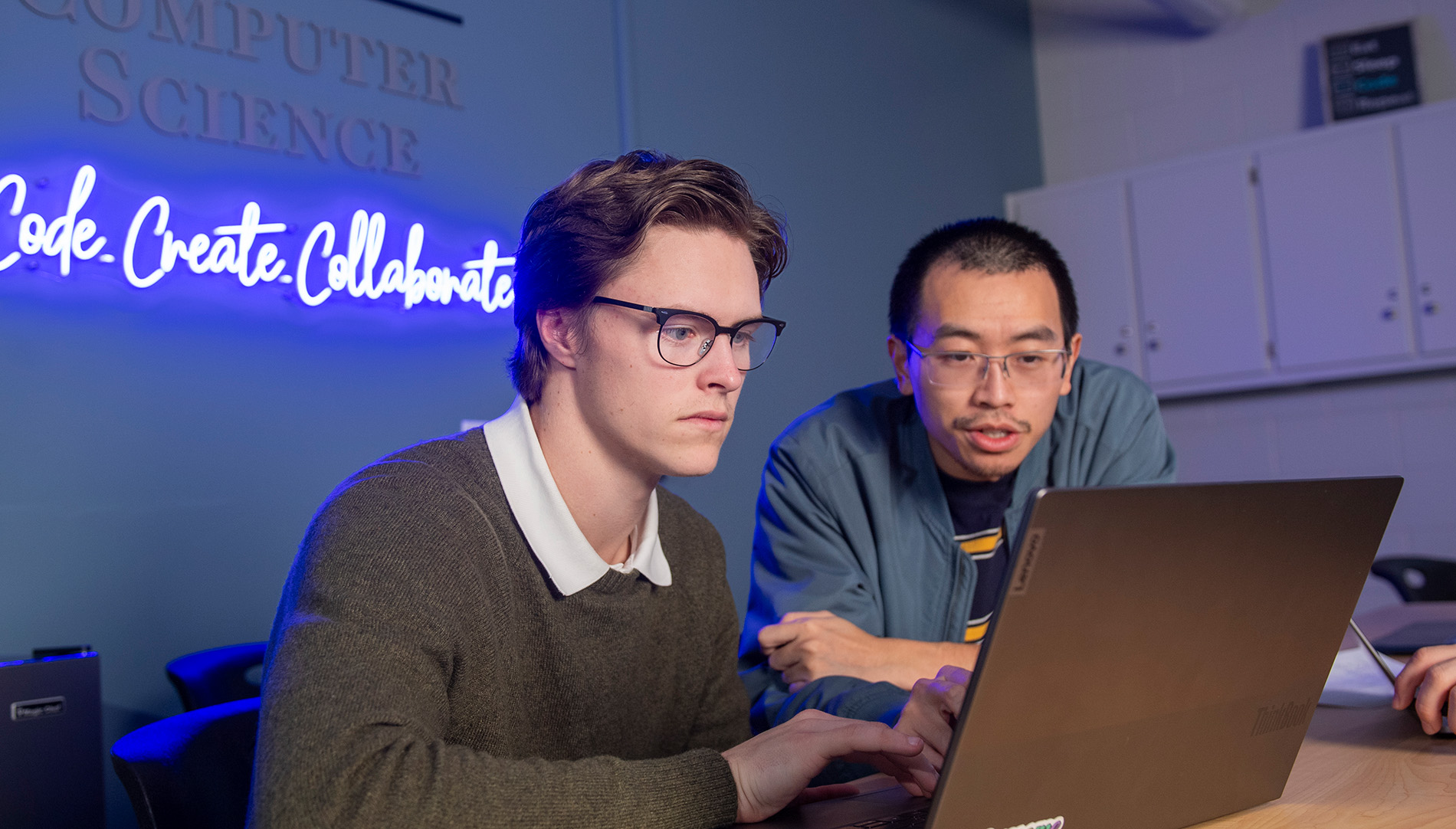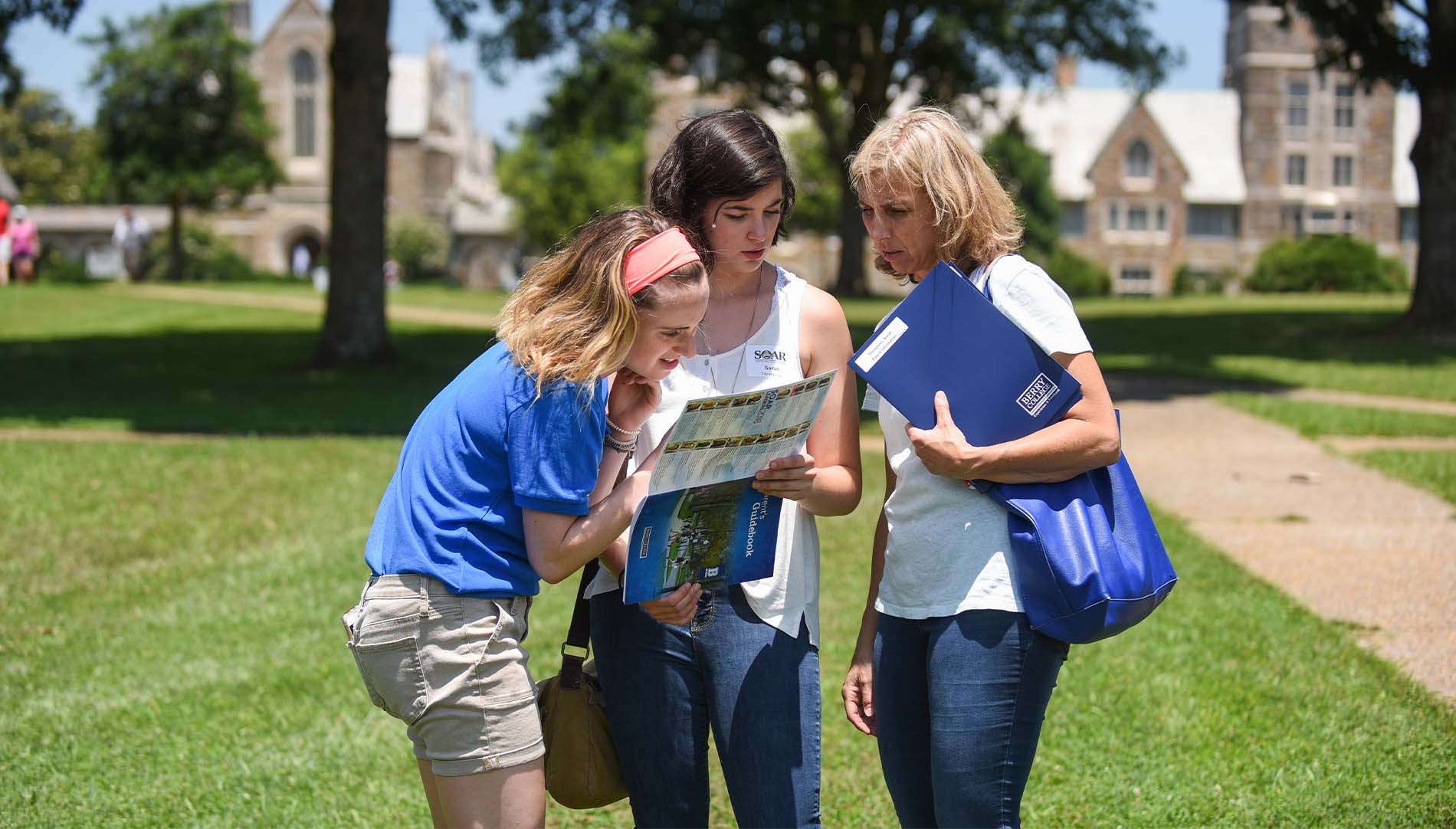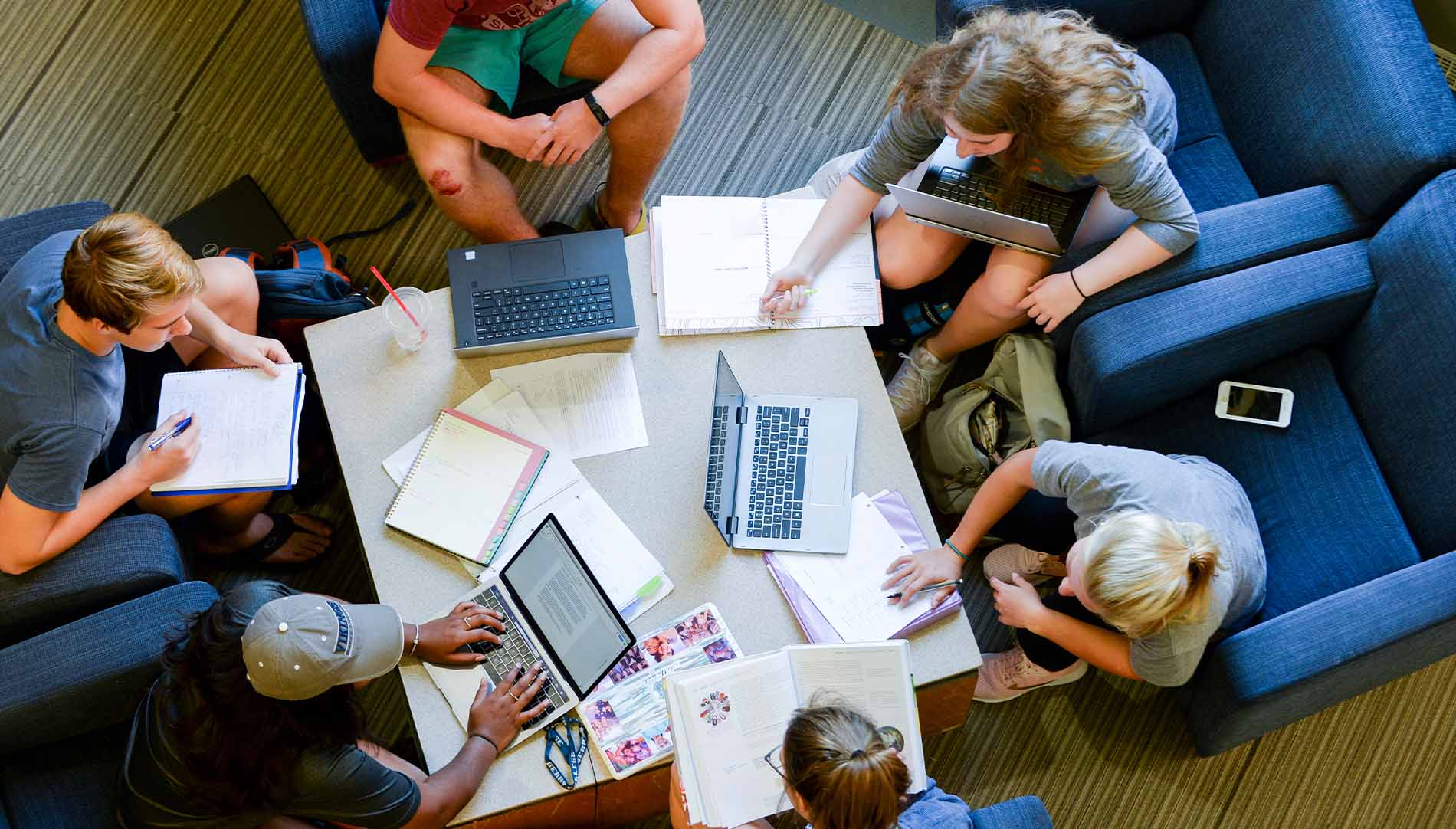By Cassie LaJeunesse (20C)
Student Writer
Junior biochemistry major Darryl Delsoin is working toward a career as a doctor, but he has no interest in waiting until he finishes medical school to help people. He’s starting now.
Making the most of connections formed through Berry’s entrepreneurship program, he formulated an ambitious plan to reduce the use of hazardous cooking fuels in his native Haiti.
“Basically, what I want to do is start giving a type of fuel called biogas to poor people,” Delsoin explained. “They cannot afford a clean type of fuel, and right now they are using charcoal, which is detrimental to their health and the environment.”
Using a device called a biomethanation plant (pictured), Delsoin can transform biowaste into biogas for use in the cooking stoves of Haitian families. The process also produces a type of fertilizer that he hopes to sell to Haitian farmers, generating revenue that he can use to buy more biomethanation plants.
Delsoin purchased his first plant with funds from Berry’s Richards Scholars Program, established by the late Alice Richards to help Berry students take their work to a superlative level. In March, he traveled to Haiti to set up the plant, with the initial goal of providing gas to two local families. Instead, news of the growing COVID-19 pandemic forced him to reassess his plan.
“As I was planning to start feeding the digester to produce the gas, the first case of COVID-19 was confirmed in Haiti,” he said. “It made me reluctant to go forward with the project since it involves a lot of interactions between people. My project is designed to help people, not put them at risk.”
Cautious but undaunted, he came up with a temporary plan to move forward in the midst of the pandemic. Instead of increasing risk for himself and local families, he developed a short-term solution to help the workers on the farm where he was testing the plant.
“I was so determined to help these families that I forgot the workers at the farm also use firewood to cook meals during the day,” he said. “I temporarily changed my focus by trying to get the plant running at a low capacity to provide them the biofuel.”
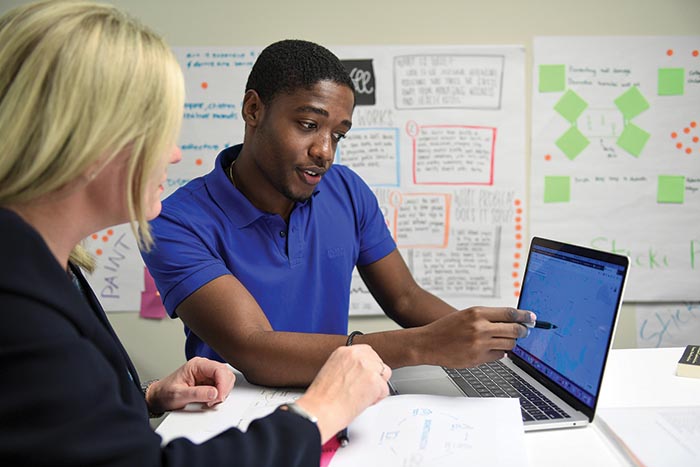
Darryl Desoin talks to Dr. Paula Englis, professor of management. Photo by Brant Sanderlin
Spark of ingenuity
Delsoin first began developing his idea after meeting Brin Enterkin (12C) at the 2018 Spark Conference hosted by Berry’s student enterprises program. Enterkin, who launched her own social enterprise as a Berry student, pointed Delsoin to Dr. Paula Englis, professor of management and a longtime advocate for Berry’s most entrepreneurial students.
“He told me about this project he wanted to start,” Englis recalled. “He was sort of all over the map. He had great ideas, but he didn’t know how to make anything move forward.”
Englis encouraged Delsoin to take her Innovation class, in which students work together to develop innovative business models, and then prompted him to apply for the Richards Grant that ultimately funded his first biomethanation plant. She also connected him with Anne Kaiser, a Berry trustee and vice president of community and economic development for Georgia Power Company. Kaiser put him in contact with a chemical engineer who provided direction on the type of plant to buy.
Looking back on his entrepreneurial journey, Delsoin is grateful for the support he has received at Berry, as well as the opportunity it has afforded him to pursue this project.
“I think the liberty I got from Berry, that I could do anything I want, gave me some freedom to explore areas I wouldn’t have,” he said.
